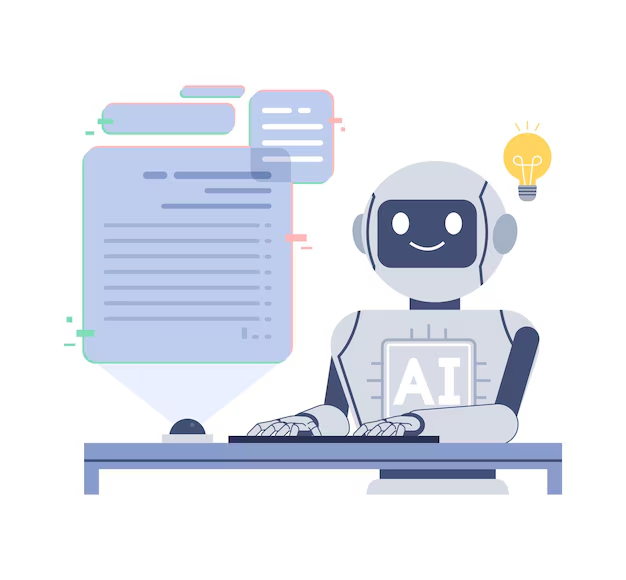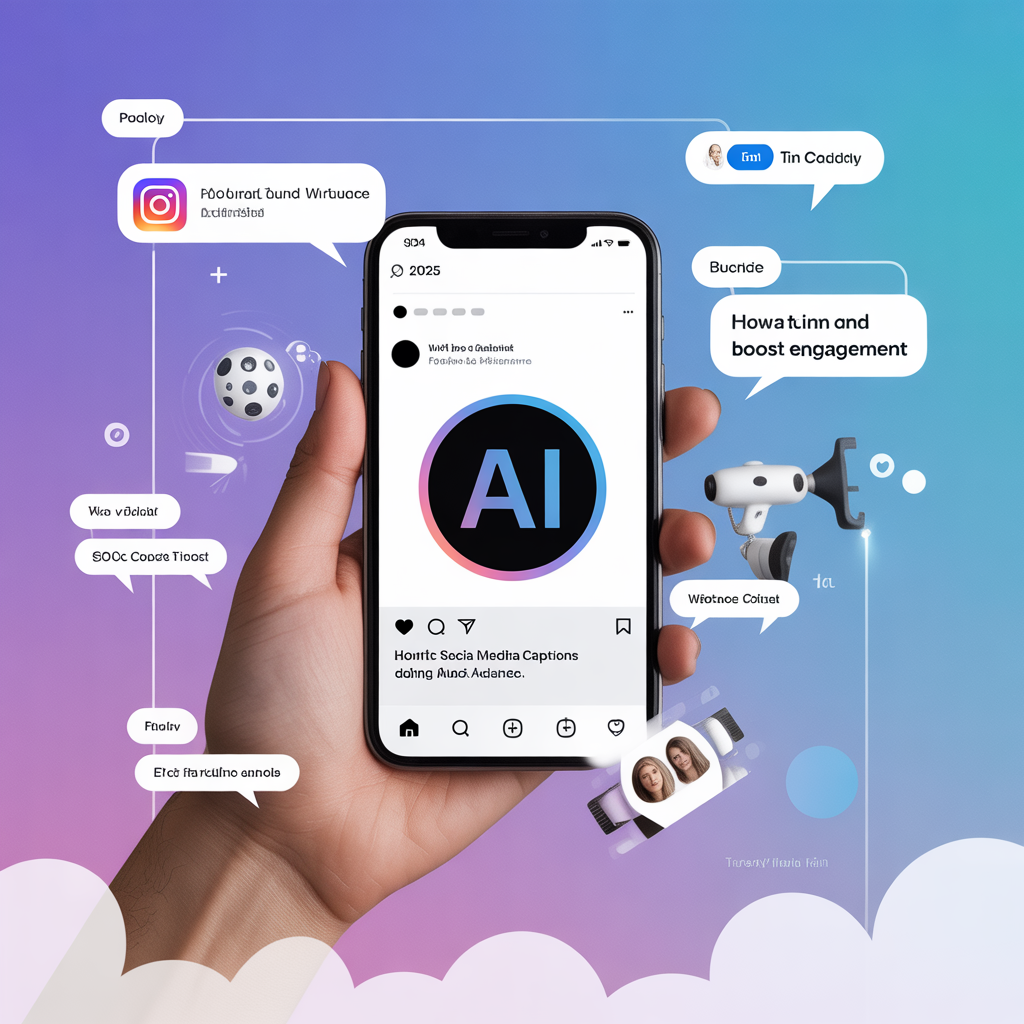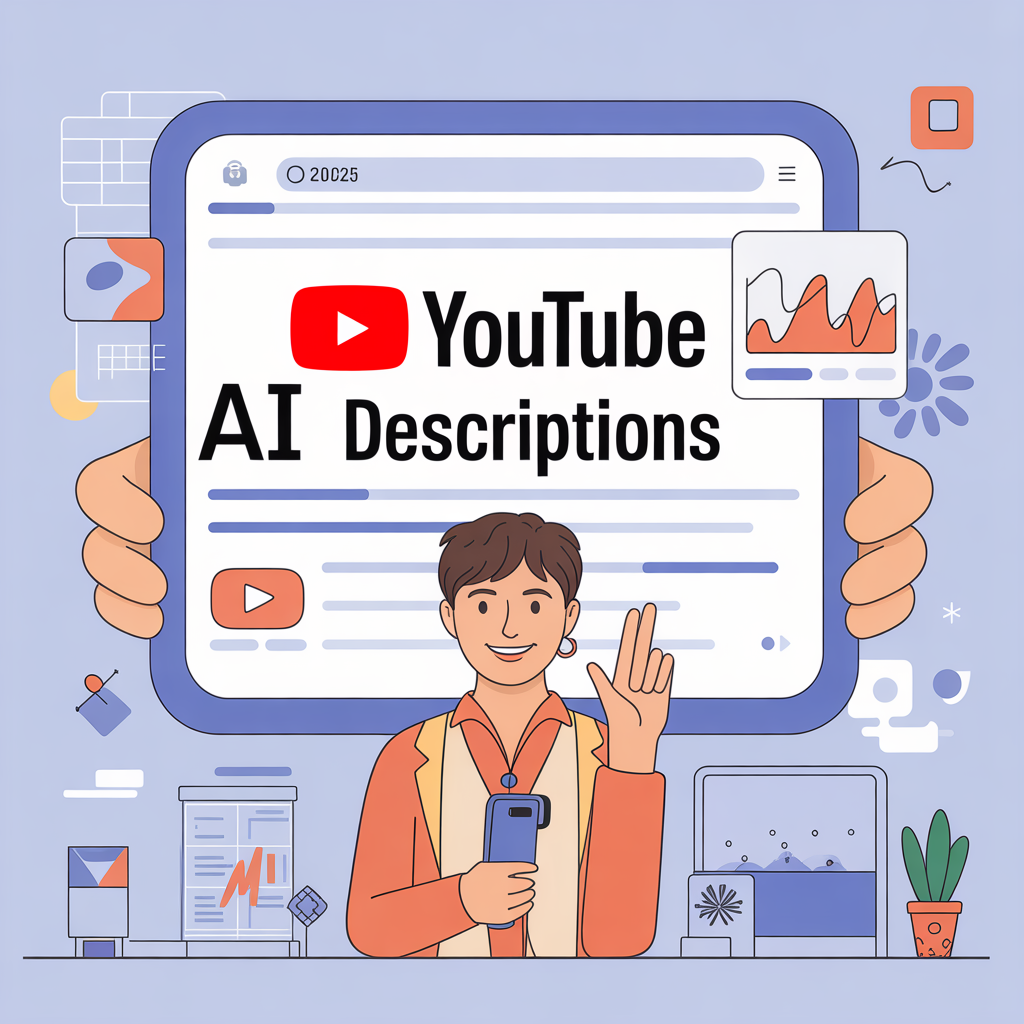Blog Content
Artificial Intelligence has made writing faster, smarter, and more efficient — but also more complicated ethically.
When your blog, ad, or email is written by an algorithm, who really owns the voice behind it?
Let’s dive into the ethical questions that every content creator, marketer, and business must face in the AI era.
🤖 1. The Line Between Help and Replacement
AI tools started as assistants — helping us brainstorm ideas or fix grammar.
But as they evolve, they’re now capable of producing entire articles, ads, and stories that sound fully human.
So the question arises:
Is AI “helping” you write, or is it writing for you?
Ethically, the difference lies in intent and transparency.
If you use AI to refine your words, it’s assistance.
If you pass off AI-written content as your own expertise without disclosure, it edges toward deception.
🧩 2. Authenticity in a Synthetic World
Authenticity used to mean “human touch.”
Now, it’s about being honest about how content is created.
Audiences today don’t mind if AI helps — they just want transparency.
A brand that says “crafted using AI insights” earns more trust than one that secretly relies on algorithms to mimic personality.
Remember: authenticity ≠ manual effort.
It means being real about your process.
🧠 3. The Ownership Dilemma
Who owns AI-generated content?
Technically, AI tools don’t “own” anything — they generate text based on patterns.
But ownership confusion arises when:
- AI mimics existing copyrighted styles
- It unintentionally uses phrases similar to public data
- Multiple people feed the same AI prompts and produce near-identical content
That’s why ethical AI creators edit, personalize, and fact-check before publishing.
Human touch ensures originality and integrity.
⚙️ 4. The Risk of Deepfake Content
With AI voice, video, and image generators, deepfake content is a growing concern.
Fake reviews, manipulated testimonials, and AI-authored expert opinions can easily mislead audiences.
Ethical brands must draw clear boundaries:
- Never fabricate people or experiences.
- Always disclose AI involvement where it affects authenticity.
- Keep real human accountability behind every piece of content.
🌍 5. Building a Code of Ethics for AI Writers
To ensure ethical AI content creation, follow this simple framework:
| Principle | Guideline |
|---|---|
| Transparency | Disclose when AI significantly contributes to your content. |
| Accuracy | Always verify facts AI provides. |
| Originality | Edit and refine to make it genuinely yours. |
| Respect | Avoid biased or harmful outputs. |
| Accountability | Take ownership — AI is your tool, not your excuse. |
💬 6. The Future: Human-AI Collaboration with Integrity
The most powerful content of the future will come from hybrid creation — human ideas shaped by AI precision.
Writers who combine ethics with technology will lead the industry.
It’s not about hiding AI — it’s about using it responsibly to enhance creativity, not replace it.
Conclusion
AI can write words, but only humans can give them meaning.
As technology advances, our responsibility grows: to use AI ethically, creatively, and transparently.
Because in the end, trust is the true measure of great writing — whether typed by hands or coded by algorithms.


